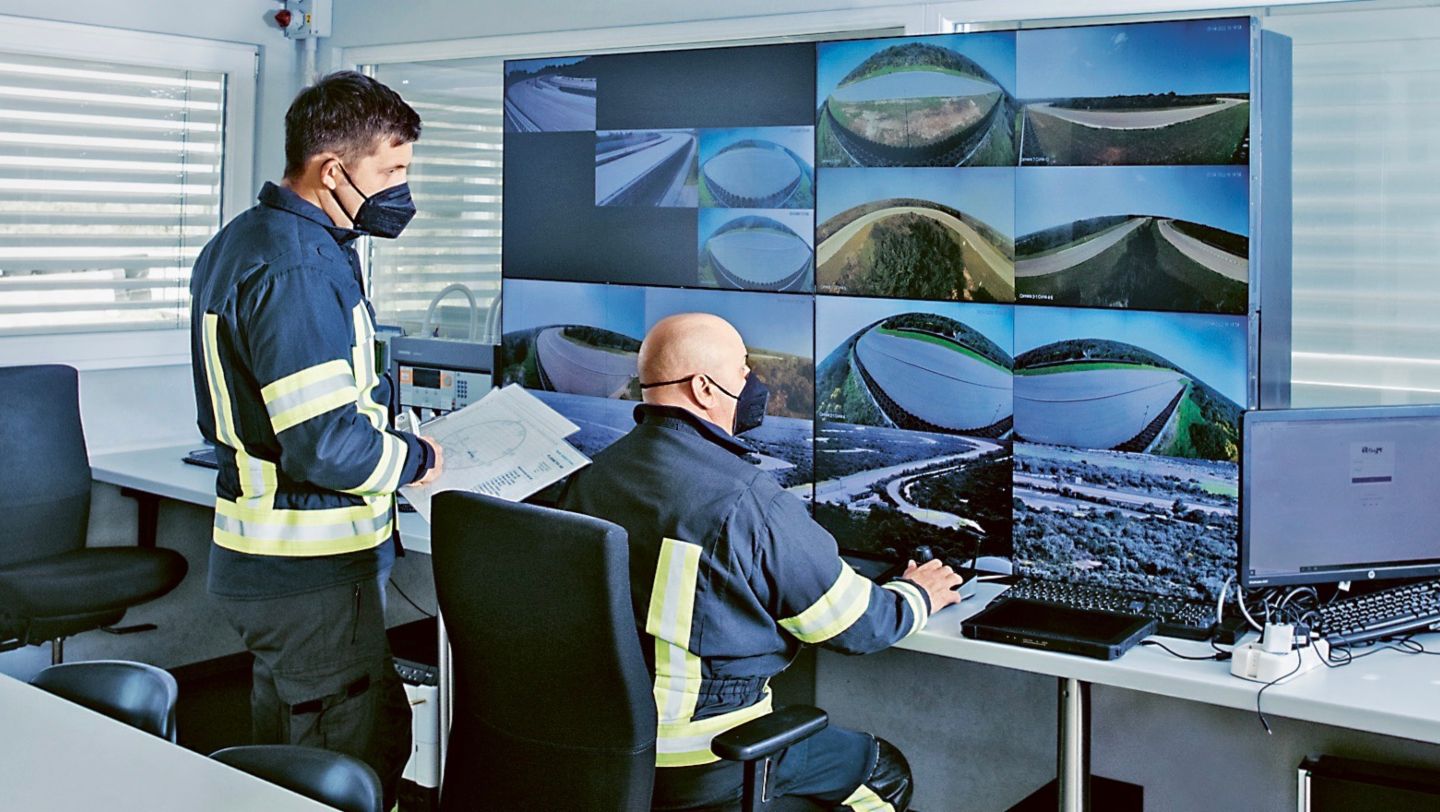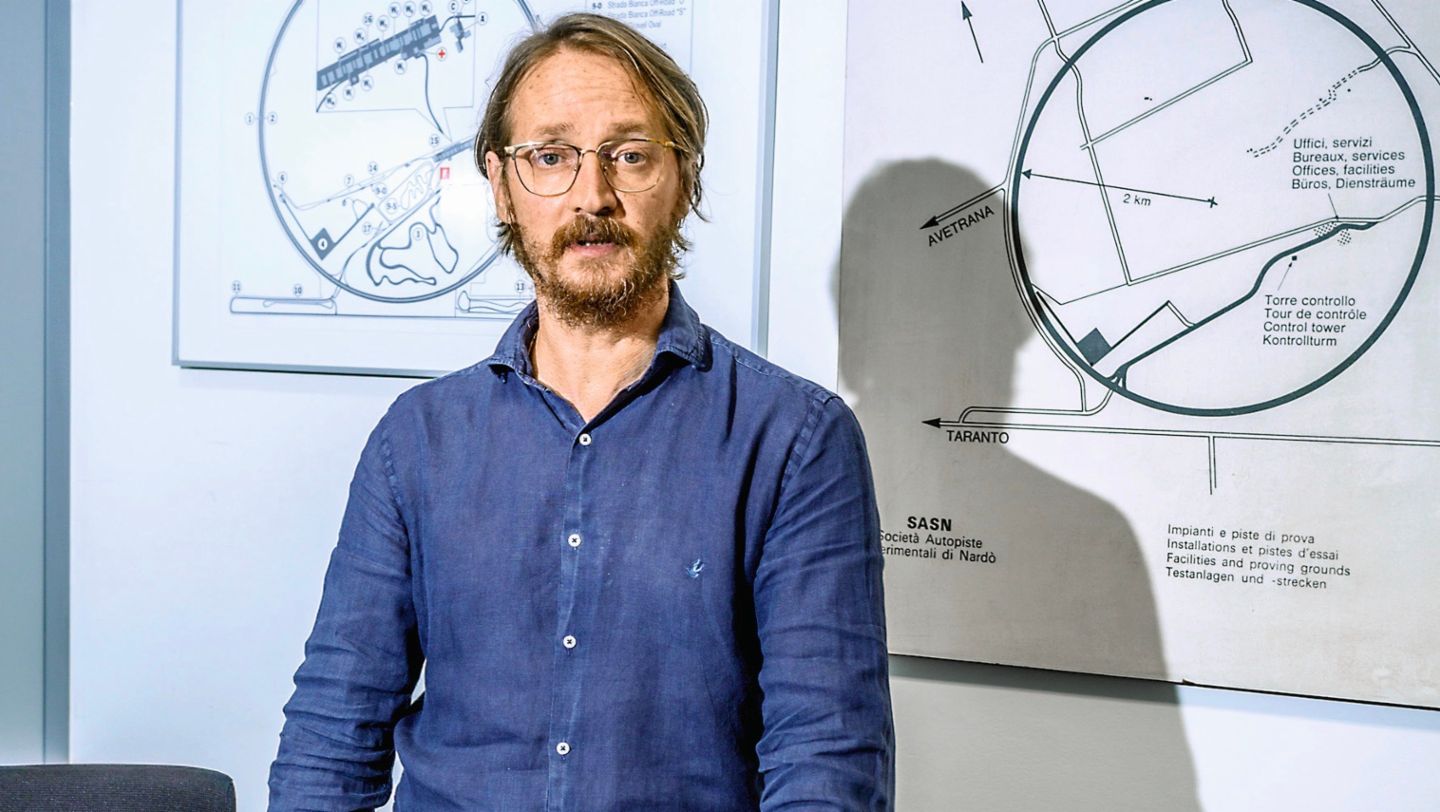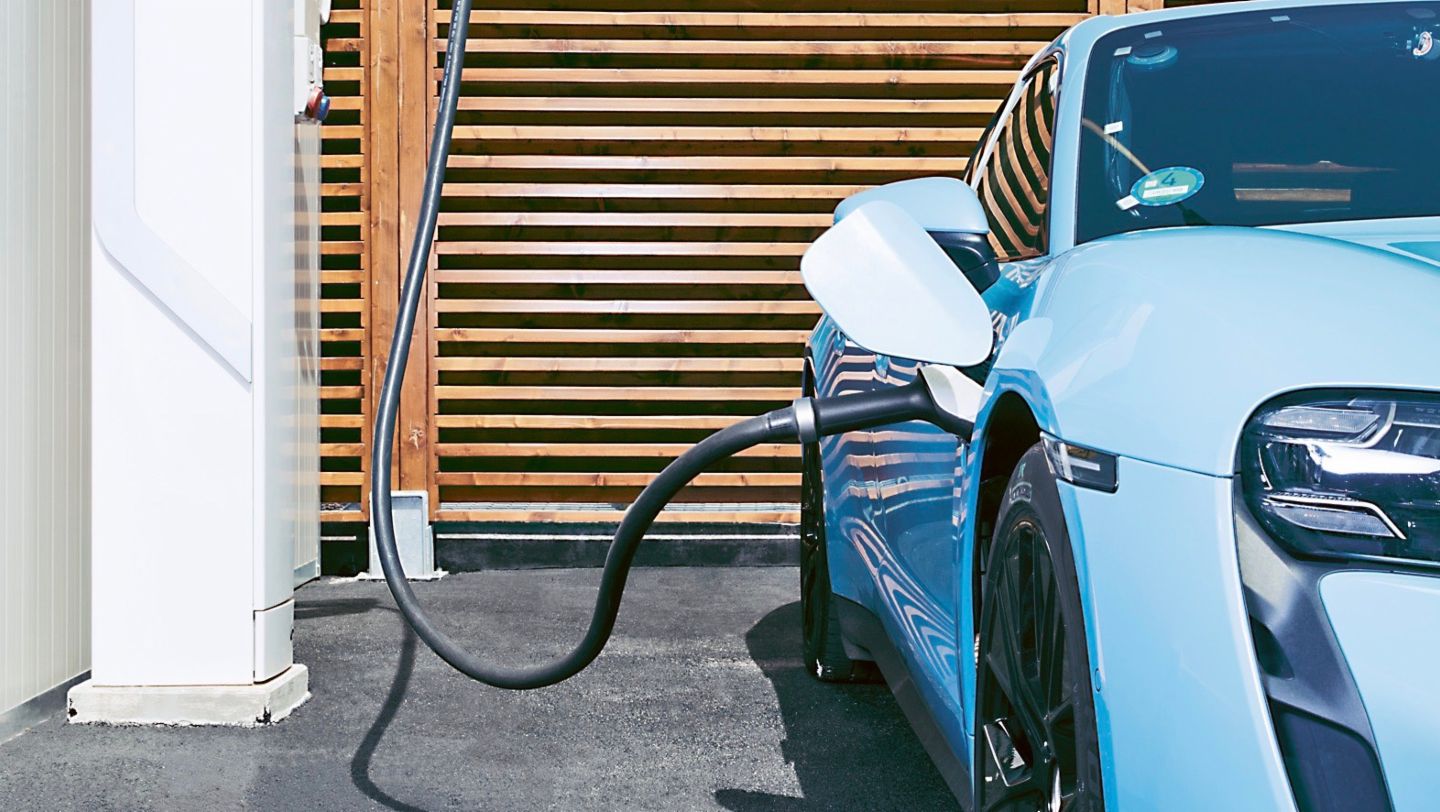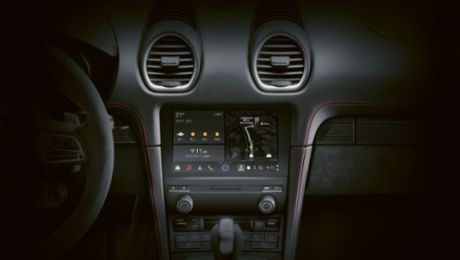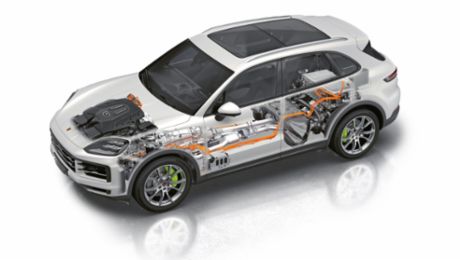The Nardò Technical Center (NTC) in Apulia boasts a long and storied history. Since its founding in 1975, it has been the scene of countless speed and endurance records – most recently by the ‘Blizz Primatist’, a streamlined electric vehicle modeled on Bertone’s legendary Z.E.R. This achievement also symbolizes a new era at the NTC: As the test center continues its tradition of technical excellence, sustainability is also playing an increasingly important role for Porsche Engineering’s legendary venue in southern Italy.
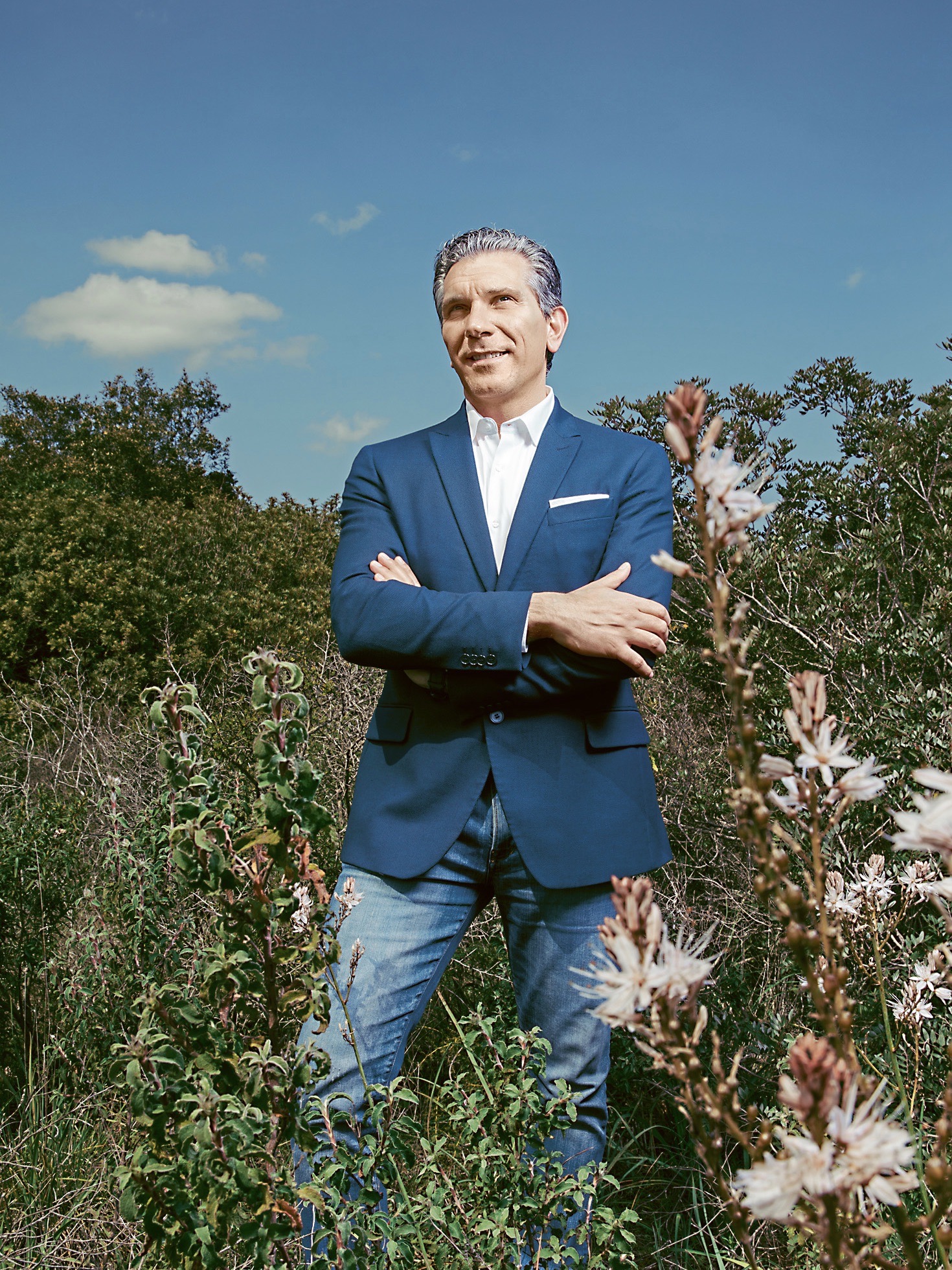
Climate protection and responsibility for the region are part of our DNA,” says NTC’s Managing Director Antonio Gratis. “We consider ourselves a driver of automotive innovation and sustainability in equal measure.” In this regard, Gratis views sustainability as a multifaceted undertaking. NTC has embraced its parent company’s climate goals: In 2030, Porsche aims to be CO₂ net neutral across the entire value chain and the life cycle of the newly sold vehicles.
For Gratis, the social aspect is another important factor: the Nardò Technical Center is not only an important employer in Apulia, with the numerous initiatives it supports also making it an active partner for the people in the region. The NTC is ambitious when it comes to climate protection. It has already started to reduce its carbon footprint and has launched a dedicated sustainability roadmap until 2030. To ensure that the ambitious plan can be fulfilled, sustainability has been made a top priority at the Nardò Technical Center: In addition to the managing director Antonio Gratis, almost all members of senior management are represented in the eight-member ‘Energy Team’. Moreover, extensive investments have been made in technology and infrastructure in order to achieve climate neutrality.
More renewable energy
To reduce its carbon footprint, the NTC is primarily focusing on avoiding carbon dioxide emissions by using renewable energy sources. This is complemented by extensive measures to increase energy efficiency. The NTC aims to reduce business travel and construct any new buildings on the site using sustainable materials in the future. This aims to offset unavoidable CO₂ emissions at all levels. The progress made toward these objectives can only be measured effectively, however, when exact knowledge of the starting situation is available.
That’s why the first step was to take stock: “We determined our carbon footprint according to the international standard ISO 14064,” reports Salvatore Baldi, Senior Manager for Facilities Management and member of the Energy Team. This standard for voluntary assessment of greenhouse gas emissions captures emissions across the entire value chain. “Our mission is to reduce emissions every year,” as Baldi says. When it comes to its own emissions, the NTC holds all the levers. Intelligent measuring devices (smart meters) provide a detailed overview and optimal management of energy flows. They monitor current consumption, for example in the offices or at the NTC charging stations.
When it comes to services and products sourced externally, on the other hand, the NTC has no direct influence on emissions. The guiding principle in this case: “What we can’t neutralize, we have to offset,” says Baldi. Reforestation is the method of choice. However, there is limited land and resources for this, he notes. “Since time is of the essence, we implemented the first low-threshold measures right away,” Baldi explains. In 2021, the entire power supply was switched over to renewable sources.
Protecting animals and plants
In addition to climate protection, environmental protection also plays an important role for the Nardò Technical Center – not least because the testing grounds are also a refuge for native plants and animals. Protecting it therefore means a lot to those responsible at the NTC: If there is a fire somewhere, the center’s fire brigade is quickly on the scene and protects the ‘macchia’, the Mediterranean shrubland biome, from being destroyed. And it doesn’t just do so on its own grounds, Antonio Gratis emphasizes: “Of course, we also extinguish scrub fires in the surrounding areas.” The region of Apulia is characterized by scorching heat in summer, low precipitation and a scarcity of water. For the NTC’s outdoor facilities, the climatic conditions are already a challenge at the best of times, and which consequences climate change will have still remain to be seen. Preparation is, of course, essential. This is why a number of xeriscaping concepts will be tested within 2022 on the grounds.
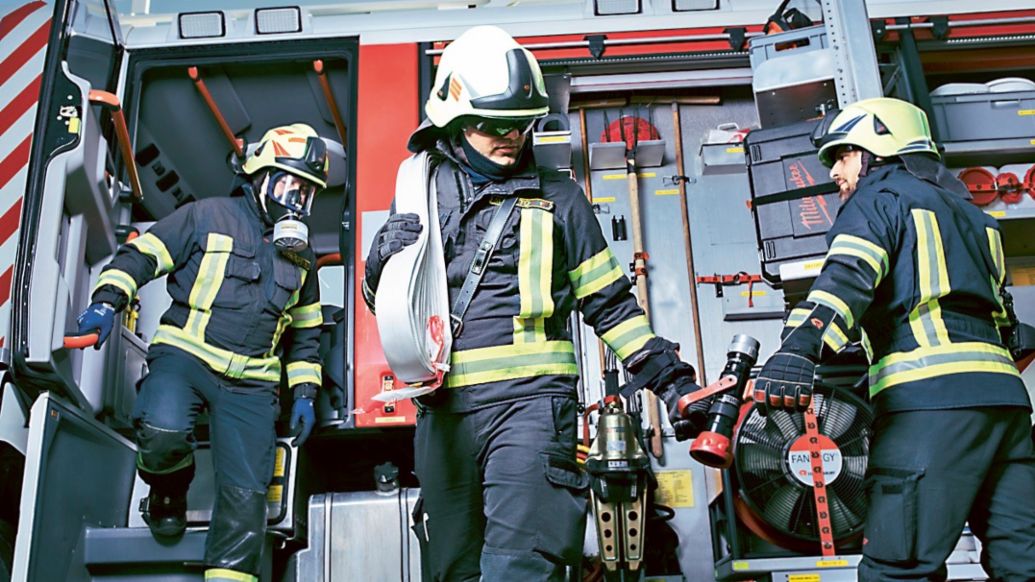
“Xeriscaping is the art of using as little water as you can to create the lushest vegetation possible,” explains Salvatore Baldi. “This involves selecting plants that can thrive despite drought, as well as taking steps to limit waste and evaporation.” Records will be kept of the xeriscaping trials, and successes presented in the sustainability report as well as in local media. “Any success we achieve here should also serve the common good,” Gratis says. The NTC brings the same spirit to the community. As an employer, it offers attractive and secure jobs to people in the region. And it fosters young talent in southern Italy: NTC cooperates with several schools and universities, including the Polytechnic University of Bari and the University of Salento in nearby Lecce.
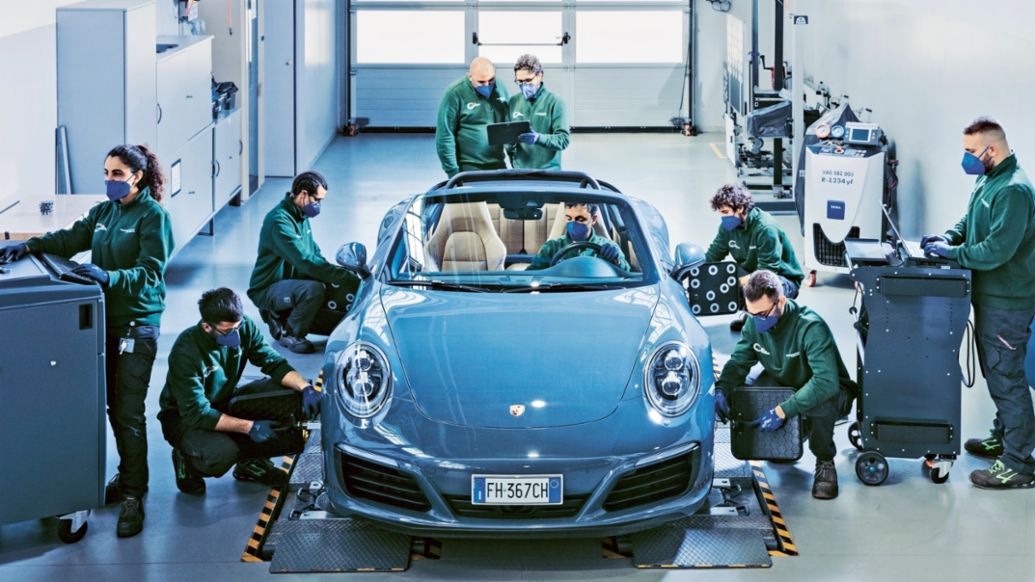
As part of this cooperation, the company offers internships and supports students with expertise as well as NTC resources when they are working on their final theses. “We see this as our duty,” Gratis says. He intends to unite climate protection and sustainability with economic growth. This is why the company is also qualifying junior talent from the region: in partnership with a local vocational training institute, the Nardò Technical Center has established a dual training program. Over a two-year course of study, ten young graduates will receive training that will make them highly qualified mechatronics in the automotive field.
Active partner of the community
Along with this, the NTC also assumes social responsibility in the region. “We want to be an active partner, as is the tradition in the Porsche Group,” explains Roberto Buttazzi, Senior Manager for Sales, Customer Management and Marketing who is responsible for the corresponding initiatives, such as the ‘Turbo for Talents’ initiative, which provides support for the soccer-playing youth of AC Nardò.
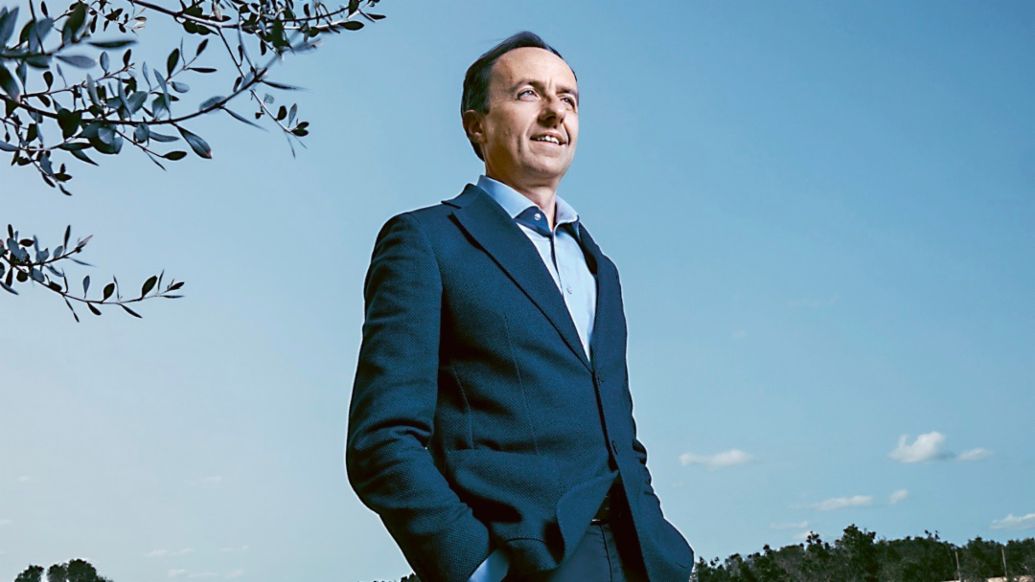
The NTC also has been sponsoring a charity run over the last eight years. The proceeds from this run benefit the pediatric oncology department at the regional hospital. “But social change also depends on each and every individual showing their commitment,” says Buttazzi. That’s why, in addition to the NTC’s official partnerships, there are also campaigns involving employees. They get involved in social projects and the environment, and their employer supports them to the best of its ability. Last year, for example, dozens of NTC employees were given a paid day off from work to remove the plastic waste from a stretch of beach.
“The NTC is a respected player in the region as a business and as an employer,” says Gratis, who views the Testing Center as a driver of regional development, and one that combines sustainability with growth. “Achieving this requires not only close ties to local institutions, but also the involvement of each individual.” At the NTC, they know only too well: Motivated teams are the most likely to achieve great results.
Summary
The NTC considers itself a part of the local community in southern Italy and, in addition to automotive innovations, is also driving sustainability efforts. The NTC also sees itself as a partner to the people of Apulia –both in its role as an employer and training company and through its collaboration with regional universities.
Info
Text first published in the Porsche Engineering Magazine, issue 2/2022.
Author: Text: Mirko Heinemann
Photos: Mattia Balsamini
Copyright: All images, videos and audio files published in this article are subject to copyright. Reproduction or repetition in whole or in part is not permitted without the written consent of Dr. Ing. h.c. F. Porsche AG. Please contact newsroom@porsche.com for further information.

